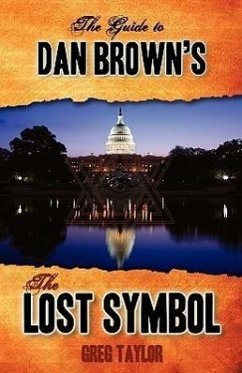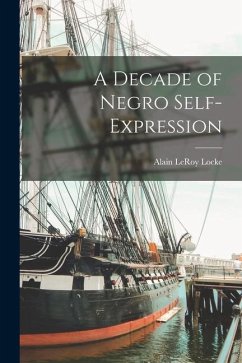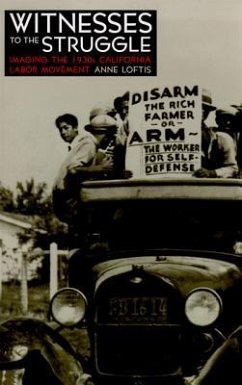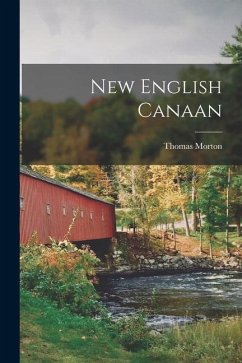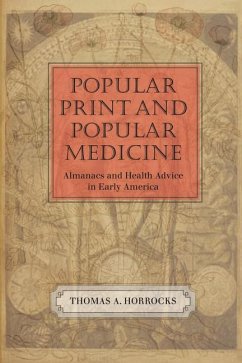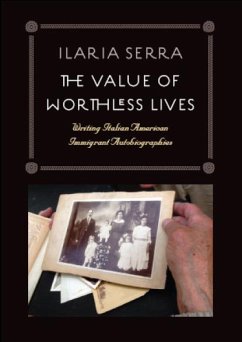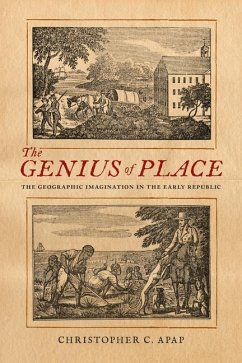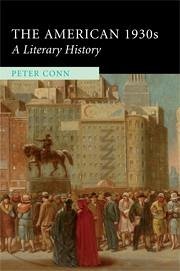
Reading and Disorder in Antebellum America
Versandkostenfrei!
Versandfertig in 1-2 Wochen
42,99 €
inkl. MwSt.

PAYBACK Punkte
21 °P sammeln!
Historians of workingmen in the antebellum United States have long been preoccupied with labor politics and with the racism, nativism, and misogyny of their public culture. Reading and Disorder in Antebellum America expands our account of such men by asking questions about their social and bodily lives that are more discrete, yet still engaged with the economic forces that radically altered working life as the market revolution transformed a rural, agricultural nation into one that was commercial, industrial, and urban. To advance a more capacious view of workingmen, David M. Stewart turns to ...
Historians of workingmen in the antebellum United States have long been preoccupied with labor politics and with the racism, nativism, and misogyny of their public culture. Reading and Disorder in Antebellum America expands our account of such men by asking questions about their social and bodily lives that are more discrete, yet still engaged with the economic forces that radically altered working life as the market revolution transformed a rural, agricultural nation into one that was commercial, industrial, and urban. To advance a more capacious view of workingmen, David M. Stewart turns to reading, which is where many first encountered antebellum change as a material fact. Tapping sources from serial fiction, reform tracts, and children's books, to diet, land use policy, and personal correspondence, Stewart contends that in helping retool a workforce of farmers and artisans to meet the disciplinary needs of capital, the period's burgeoning new print culture industry developed rhetoric that used emotional coercion to affect conduct. This rhetoric also became the basis for recreational idioms that compensated for the pain of both coercive reading itself and the world such reading produced. In the space between the disciplinary and recreational lives of workingmen, Reading and Disorder revises how we understand them as performative subjects, which is to say, as cause and effect of changing antebellum times.






